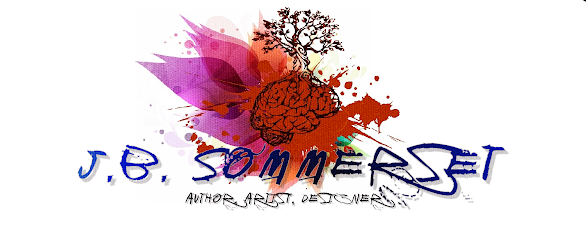Jubal Harshaw!
Across all the books I've read there several characters who stick out for one reason or another. I take note of character development in the novels I read. There a good many memorable characters from my choices in literature I feel were crafted with love by the authors. Most of them stick because they were well developed. Some good examples of this range from the characters in Game of Thrones to the classics and the likes of Gatsby, Tom Sawyer, and Atticus Finch. I would even go so far as to say that characters in graphic novels can come alive in such a way, take the comic The Adventures of Tintin by Belgian author and artist Herge (Georges Remi) for instance. He grew his characters across decades. They all became beloved icons and something he will always be recognized for.
These are prime examples of characters who can’t be missed
for the craft in which they were made. But make no mistake, they were created. There
were made, still recognizable as characters in a book.
Then there are characters such as Jubal Harshaw. They are not
made, they existed before they were written down. Anyone who’s a “Robert A.
Heinlein” fan knows what I am talking about, and out of the many characters he
created there are a few that must have been real people for their realistic
attributes and authentic behaviors, habits, and speech patterns. Jubal Harshaw is one such character. He wasn't created, he was
born into Heinlein’s works and lived there his whole life.
The other day I was rereading Stranger in a Strange Land again and found myself in awe of how realistic the character was. I started asking myself a question; “what makes Jubal Harshaw such a well-developed character?” I sat on it for a few days thinking about how such a character was created. I came up with a couple of tips to add to my list for character development advice.
Some day I will
compile, edit the list, and publish it, but until then (and as always) I
will provide three at a time. This week I give you the “Jubal Harshaw” List of
three.
1) When writing a character, oftentimes, it’s not the things a character says that makes the character believable. It’s the persona he takes on to the contrary of his words. It’s what isn’t spoken but is a part of the character. Jabal is a good example of this because his unspoken truth is that he is a good person, a sensitive person, and a compassionate person. That’s not who he portrays through his language. However, it is who he portrays through his actions, his ticks, his habits, and his association. On the surface he’s a cantankerous old man who drinks too much, swears too much, and surrounds himself with young voluptuous women- He appears to be a dirty old man with an attitude.
2) Good characters have good dialogue, great characters have their own language. The character of Jubal Harshaw is another good example of this. He speaks English, but the way he puts his words together makes it the Jubal Harshaw version of English. In the real world, this construction of grammar, syntax, logic, and slang only comes from lifelong language habits, experiences, and practice. Language is very much shaped by the world in which we live, and therefore and characters language not only makes them a believable part of the story but also enhances the world in which we write the character.
3) A good character is consistent in their behaviors. For instance, Jubal Harshaw is curious above all else and does some things that are contrary to his own safety. He doesn't falter in this characteristic, he maintains it so well that we as readers come to expect it. He becomes our friend in such a way. What are friends? They are reliable and consistent. We become comfortable in how we recognize them and how they interact with us. They are familiar and known to us through their actions, and the more reliable they are, the more we know them.
As always, I will revisit this topic soon, I hope you gleaned some important tips here. Lastly, if you haven't read Stranger in a Strange Land, fix that problem right now, give it a read.
Cheers!




Comments
Post a Comment